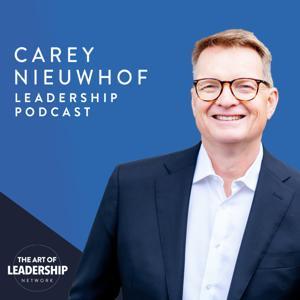In today’s episode, we start a new series that we’re calling God’s Nation, Formed. Today, we take listeners on a deep dive into the spiritual journey of Moses, as recounted in the book of Exodus. Our discussion revolves around the formation of God's nation, the trials Moses faced, and the transformational power of divine encounters. The episode presents an intricate examination of the complex narrative surrounding Moses, from his life-altering encounter with the divine at the burning bush to the miraculous plagues that led to the liberation of the Israelites from Egyptian bondage.
We analyze key biblical verses, such as Exodus 3:12, and engage with theological insights from Belden Lane's "The Solace of Fierce Landscapes," drawing parallels between Moses's journey and the transformative power of wilderness experiences in our lives. We explore the paradoxical desire for influence amid suffering and discuss how true character is forged in life's deserts. Today’s episode offers a fresh perspective on Moses's experiences and draws parallels to our spiritual growth and potential for leadership.
“The reason that's important is that we see the initiative for each of these signs rests with God, that every time there's an encounter between Moses and Pharaoh it's a divinely inspired and controlled event.” –Dr. David Pocta
“I think the idea of, in this verse at least, where it says that God remembered his covenant with them after hearing the cry, is interesting, because we know that God never forgets.” –Hannah DeSouza
“So the desert exposes, the desert can teach us, as you say, by subtraction. The classic Christian word for that is purgation, that God purges things from us in those spaces.” –Dr. David Pocta


























